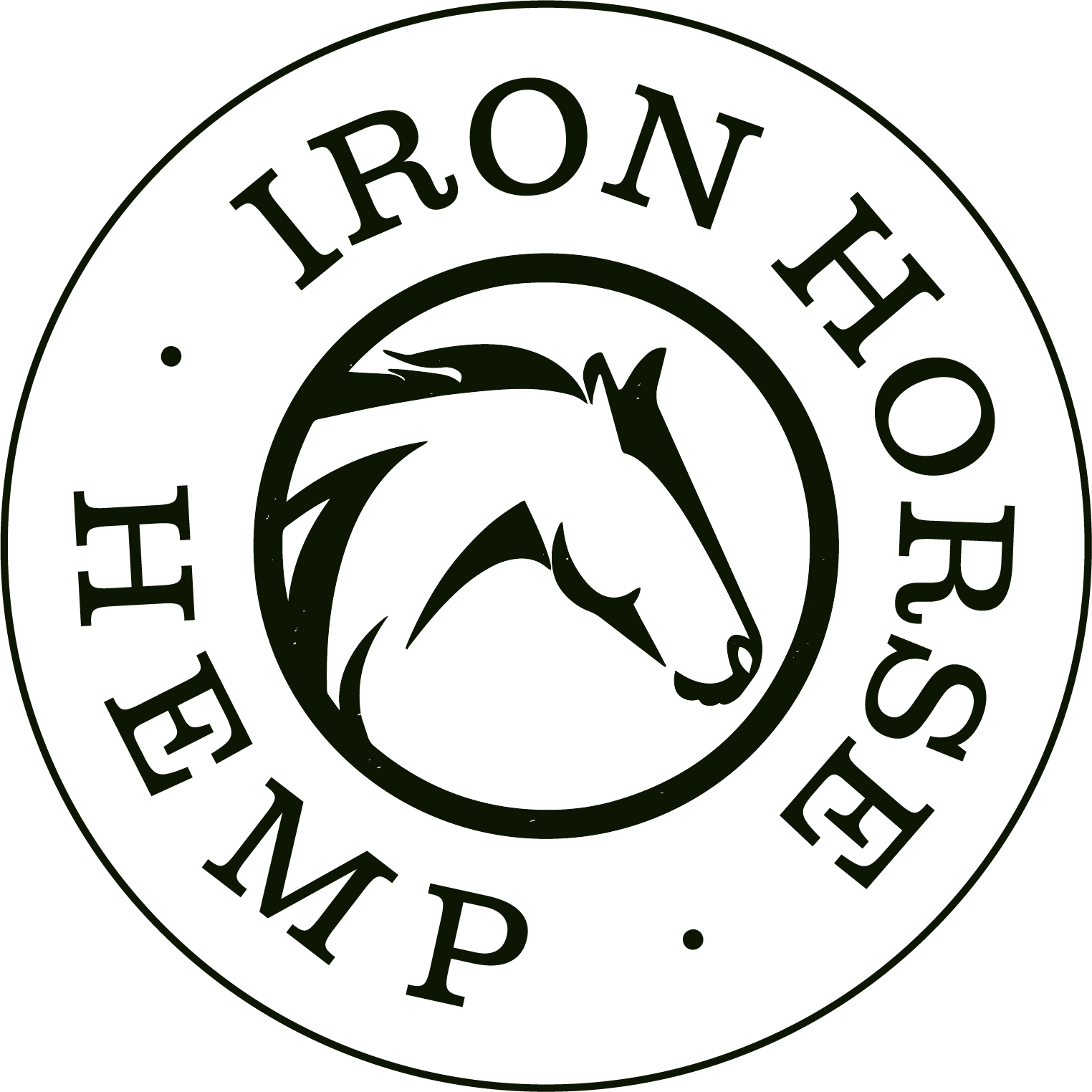A mare's condition influences reproductive performance
Brood mares should be moderately fleshy or heavier before breeding and should be fed to maintain that condition and provide adequate nutrition. Mares in thin condition may be less likely to get pregnant, while too heavy condition may impede development of the foal. Weight loss during pregnancy may result in decreased colostrum and milk production, resulting in decreased immunity and growth rate in foals.
Nutritional requirements change through pregnancy, especially late stage and during lactation. The amount of calories required starts to increase in Month 5 and may double during the lactation phase. Protein, calcium and phosphorus requirements also increase during late gestation and early lactation to support fetal growth, colostrum and milk production.
Nutrients of particular concern in late-stage pregnancy and lactation:
- Energy - To maintain condition during pregnancy
- Protein - To support fetal development and milk production
- Calcium and Phosphorus
- Trace minerals: Iodine, Copper, Zinc, Manganese
Importance of Protein and Amino Acids
A mare’s feed provides the protein and essential amino acids that are the building blocks of life. Amino acids are necessary for growth, muscle development, tissue repair, hormone and enzyme production, support of the immune system and neurotransmitters.
For optimal condition, supplement with Iron Horse Hemp Topline+
- Suitable alternative to soy or oats, with low sugar (4% NSC)
- Highly palatable and digestible
- Provides all 10 essential amino acids, including: Lysine, Methionine, Threonine and Arginine
- Contains healthy fats (9%) to help maintain weight
- Contains essential vitamins and minerals: Calcium, Phosphorus, Copper, Zinc, Manganese
More information:
- Feeding the Broodmare (Alberta Gov)
- Amino Acid Requirements for Horses: When to Feed More Protein? (Mad Barn)
- The Remarkable Benefits of Hemp Seed Oil for Horses (Equihemp)

